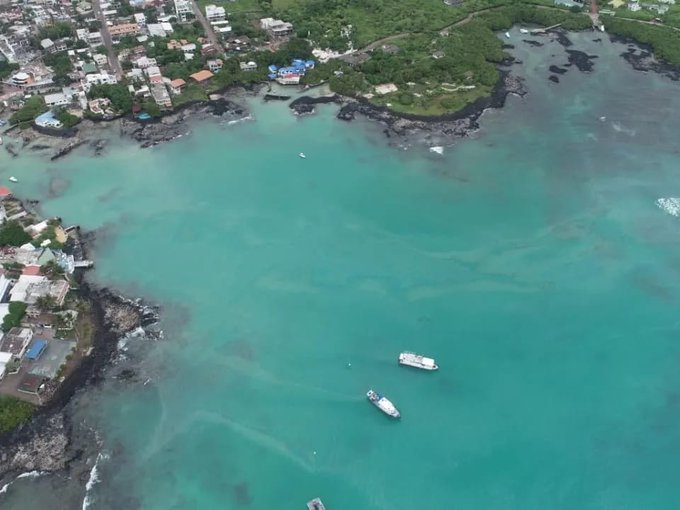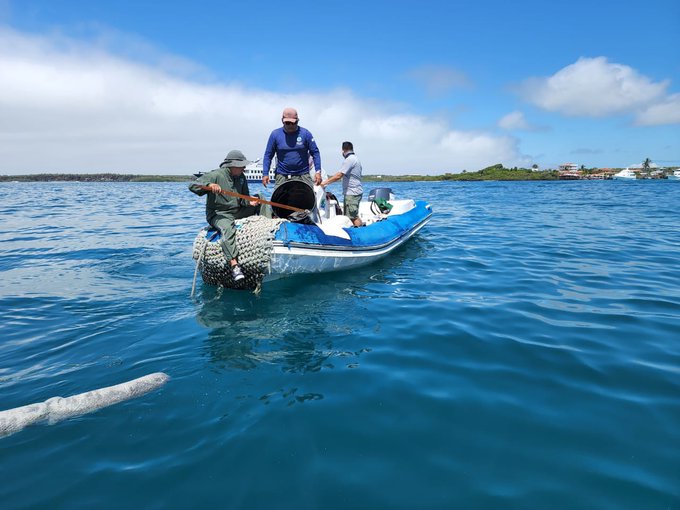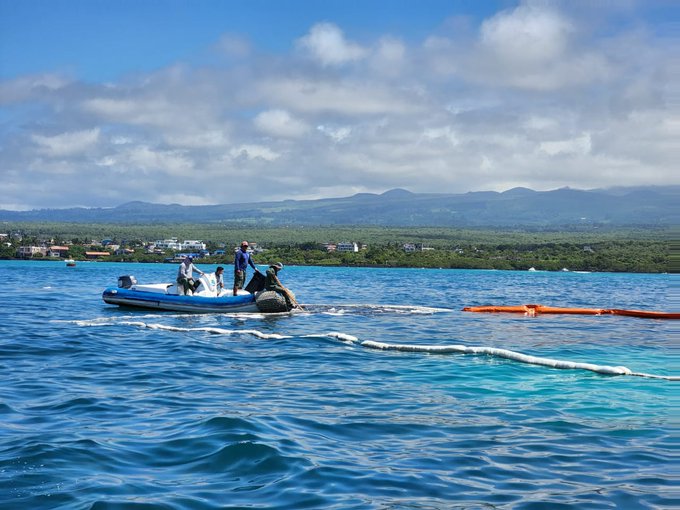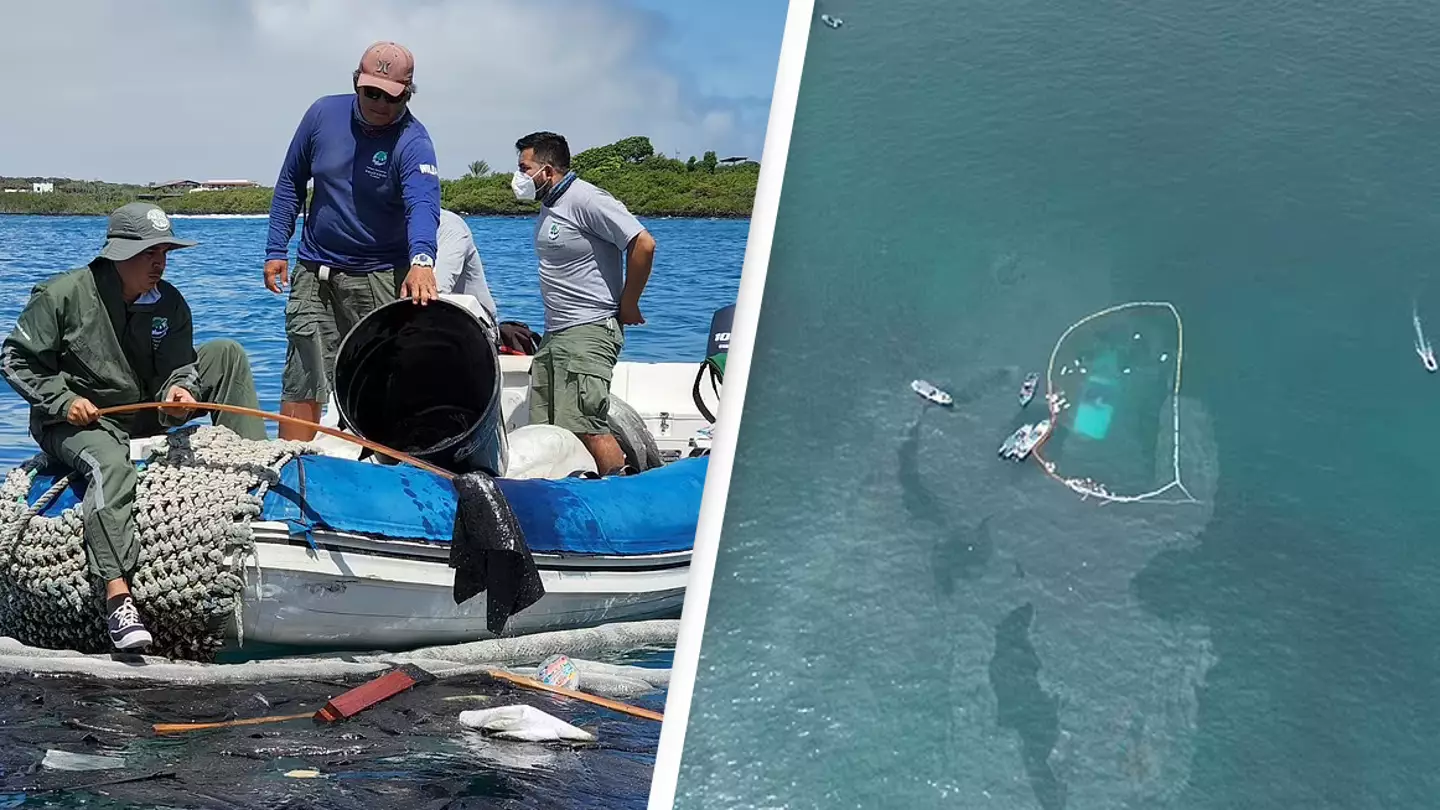
A boat carrying 47 barrels of fuel sank off of one of Ecuador's ecologically sensitive Galapagos Islands, local officials have said.
The scuba diving vessel was carrying diesel at the time of its sinking yesterday, 23 April, leaving a 'superficial' slick on the water, according to the environment ministry.
As detailed by state-run oil company Petroecuador, the boat went down off the island of Santa Cruz, but it's not been revealed exactly how much fuel was spilled as a result.
Galapagos National Park also confirmed the sinking, as well as the vessel's name: the Albatroz. Fortunately, all four crew members on the boat are safe after the incident, and the damage doesn't appear to be anything major.
Advert
The islands are a protected natural heritage site, home to giant tortoises and other incredible sea life.
Industrial fishing is prohibited in the Galapagos marine reserve, with an estimated 2,900 marine species estimated to live within the archipelago, if not far more.
In response to the spill, tourism activities around the city of Puerto Ayora were suspended and containment booms were set up to limit the spread of the fuel wherever possible.
Advert
Biodegradable dispersant was also used against the spill, as well as cloth towels in a bid to absorb the oil out of the water.
As per Reuters, Galapagos National Park Surrogate Director Jenifer Suarez said: "After evaluating the fuel dispersion in the Academia Bay area, we have proceeded to temporarily close all the visitor sites of the National Park, such as the Playa de la Estacion and La Ratonera beaches."
Earlier this year, the Galapagos Marine Reserve was expanded by 60,000sqkm, making the entire area a whopping 198,000sqkm.
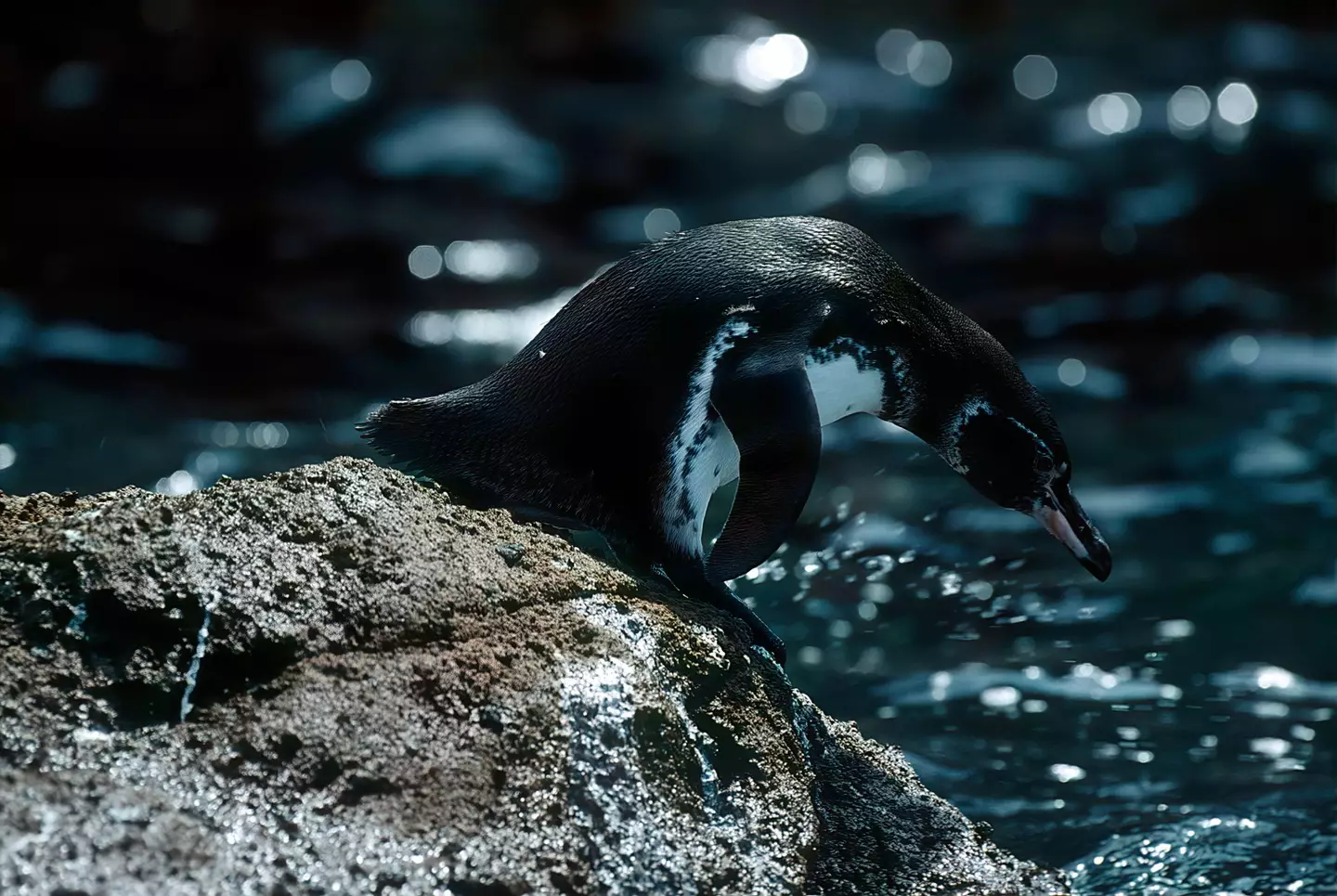
It was created back in 1998, specially designed to be one of the most diverse marine ecosystems on the planet.
Advert
Michael Weisberg, Bess W. Heyman President's Distinguished Professor of Philosophy, earlier said (as per Phys.Org): "These are places that are unique in the world and we're losing them because of climate change and overfishing.
"And it's easy to say that we prioritise these things, but to actually try to do it shows real leadership."
Ivonne Baki, Ecuador's Ambassador to the US, also said: "It's historic what we have done in Galapagos," especially given the 2000 oil spill which threatened marine life across the area.
Baki hopes to see other countries like Colombia, Panama and Costa Rica join the reserve. "So, if other countries join, like Mexico, Peru, and Chile, we can expand it more and it'll be a protected area of the whole Pacific," she said.
Advert
If you have a story you want to tell, send it to UNILAD via [email protected]
Topics: World News


